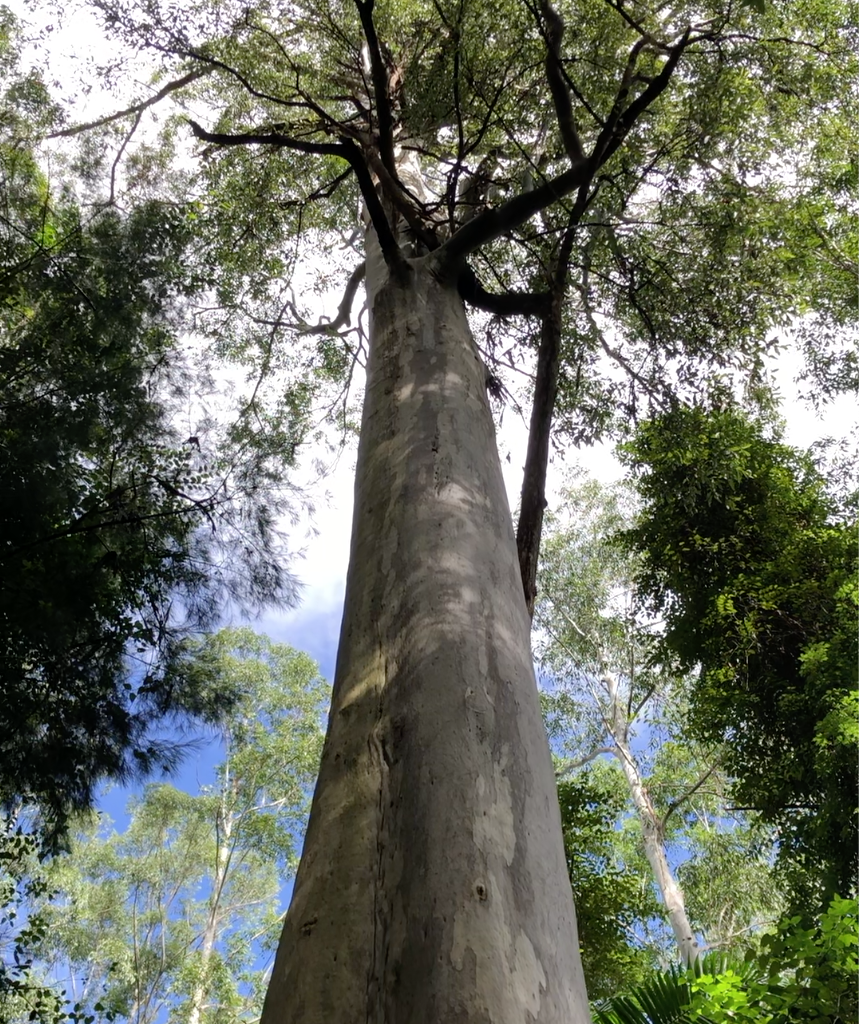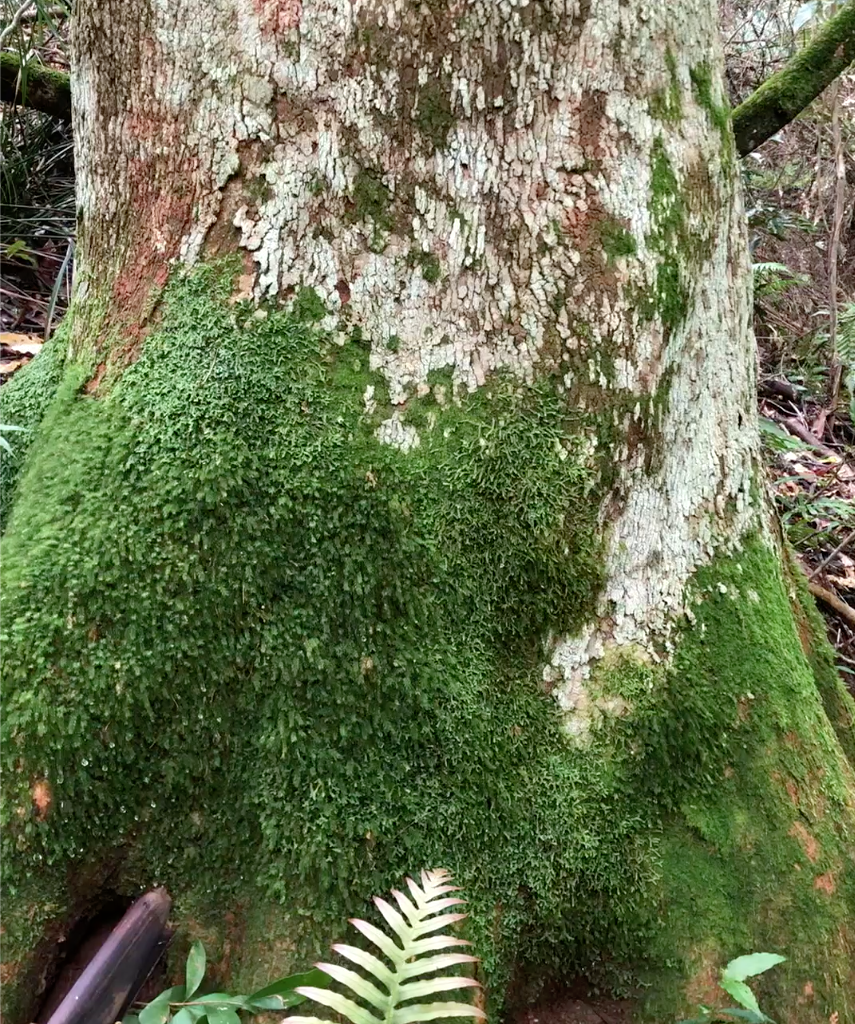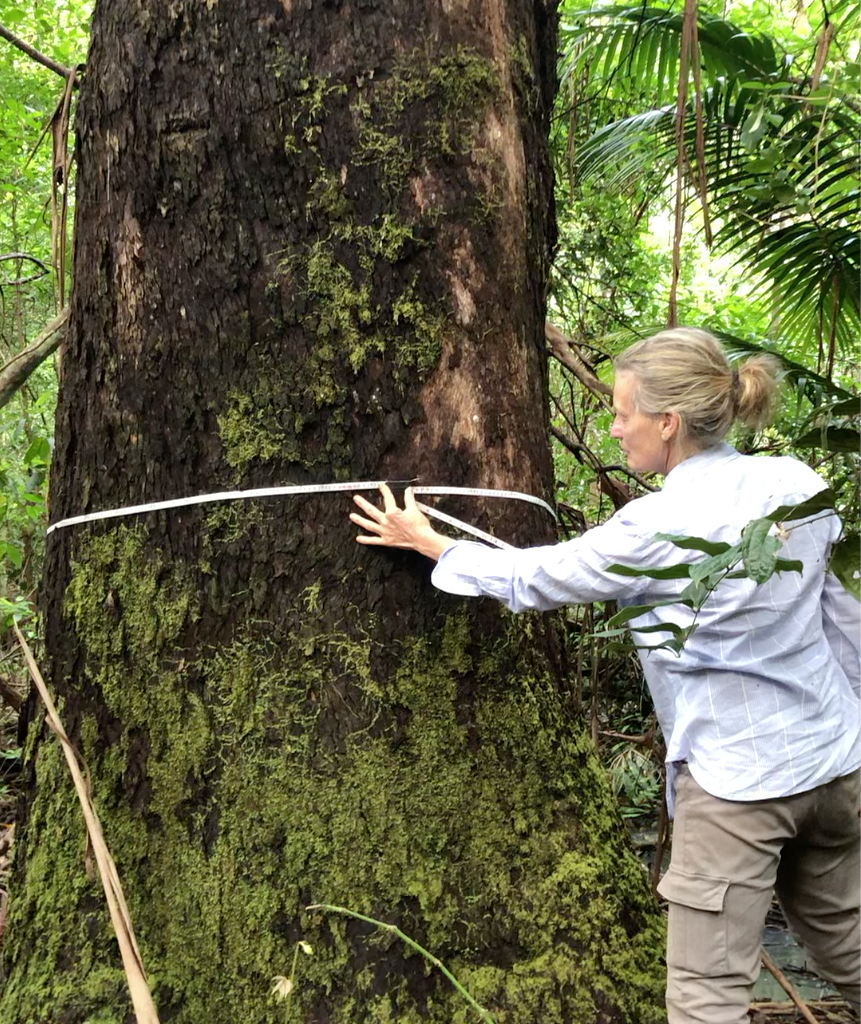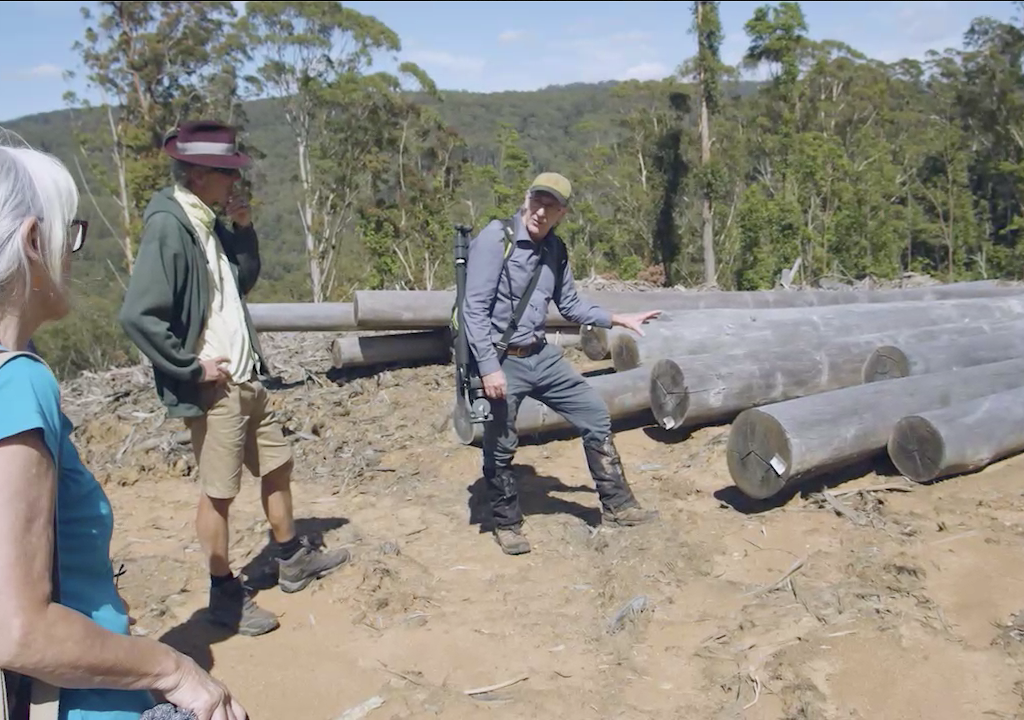The International Day for Biological Diversity takes place every year on 22 May.
The day celebrates biological diversity, also called biodiversity – the variety of life forms that exist. At a time when the world faces an extinction crisis of massive proportions, it also highlights the critical importance of biodiversity for human flourishing, sustainability and the climate. For example, forests are arks of biodiversity and are critical to maintaining the Earth’s life support systems. They regulate the climate, store carbon, produce oxygen, play a key role in supplying clean water, and lessen flooding, landslides and other natural disasters.

Australia is one of the ten most biodiverse countries in the world. The forests of the Mid North Coast of NSW are among the most diverse on the continent, consisting of several ecological “mixing zones” between warm temperate, temperate, and sub-tropical forests and rainforests. They are part of the ancient “Gondwana” forest legacy, when Australia was still connected to Antarctica and Latin America. One hundred million years ago the continent slowly began to drift north and dry out, resulting in the evolution of the Eucalypt (gum) species.
Several rainforest tree species are unique only to a few valleys, such as the magnificent ringwood, or aniseed myrtle. Some of Australia’s largest eucalypts flourish, including Eucalyptus grandis (flooded gum) and the magnificent brushbox. It is this diversity that has allowed for such a range of native fauna, including the tiger quoll and the beloved koala, Australia’s national icon. The region is now perhaps the last and largest stronghold for the imperilled koala.
Yet, these forests are under threat from deforestation and climate change. The 2019/20 bushfires burnt 4.8 million hectares of land in NSW, including just over 64 percent (approximately 0.7 million hectares) of the native state forest estate including a huge proportion on the Mid North Coast. More than 40 per cent of the Gondwana forests were severely impacted. Billions of creatures were killed.
For the last two years, under the cover of bushfire “salvage” logging and COVID-19 lockdowns, forestry operations have escalated in the region, with the hardwood coastal blackbutt forests having become the desired timber for the construction industry up and down the eastern seaboard, due in part to taxpayer-funded stimulus packages and home renovations. It is an irony that koala habitat is being cut down in a regional biodiversity hotspot, only to build houses in and around Sydney’s urban fringe, on top of habitat at Mount Gilead.

Local communities are responding to the increased logging. “Friends” groups have sprung up to protect the forests – such as Friends of Kalang Headwaters, Friends of Pine Creek and Friends of Tuckers Nob. The communities have also proposed several ecologically, socially and economically viable alternatives to native forest logging, including the Great Koala National Park, the Gumbaynggirr Good Koala Country plan, and a smaller, overlapping plan at the Kalang River Headwaters. Their case is all the more compelling given that industrial native forest logging in NSW operates at a loss of millions of dollars a year.
There is an urgent need to amplify the voices of the forest advocates, offer support and pastoral care, and empower more people to speak up.
The Uniting Church affirms that God’s Creation is good in and of itself, as well as in sustaining human life, and is committed to “identify and challenge all structures and attitudes which perpetuate and compound the destruction of creation.”
We attribute rights to Nature, including ecosystems, because all creatures, not just humans, are in a covenantal relationship with God: “We believe that God loves the divine creation and wills the development of its life. No creature is indifferent in the eyes of God. Each has its dignity and thereby also its right to existence… The Holy Scriptures attest to God’s covenant with the Creation.”

There is a calling and opportunity to develop a Christian voice and presence in the struggle for forest protection. In a wonderful new initiative that addresses these issues, a committee set up by the Mid North Coast Presbytery and now with members from multiple presbyteries is working to establish a forest advocate ministry role, starting on the Mid North Coast and expanding to the Queensland border in the north and the Hunter River in the south.
The vision for the ministry is, first, to build a vibrant Christian presence – prophetic, pastoral, and through relationship – in efforts for forest protection. This includes various ways for Christians to work within and alongside community groups who are advocating for the forests.
Second, to work with others to achieve an end to industrial native forest logging in NSW by 2030, starting with the protection of forest ecosystems with the highest biodiversity and catchment values and those at greatest risk of degradation and loss. As well as protecting biodiversity, ending native forest logging would yield economic benefits, help to mitigate climate change by storing carbon, and reduce the bushfire risks associated with logged forests. Both the Western Australian and Victorian governments have committed to end native forest logging.

And third, to grow Christian disciples – through connection with Creation, involvement in advocacy, sharing of faith and fresh expressions of church. We plan for the ministry to rebuild and minister to and with a “forest church”/“ecofaith” initiative in the Bellingen area and perhaps beyond, and to provide worship opportunities in the forests for the whole community. Season of Creation resources will also be developed for congregations to celebrate the forests. Flora and Fauna Sunday is on 11 September this year, and Forest Sunday is on 3 September, 2023.
There are several ways that you can support this ministry.
1. Take practical action to protect the forests of the Mid North Coast.
Communities are responding to the escalation of logging by learning to use popular online mapping platforms and verifying activities on the ground. These “citizen scientists” have become critical to holding companies, agencies and contractors to account. They are saving forests through their interventions. The technology is simple but powerful. Using satellite imagery, citizens overlay forestry logging plans and historical imagery and determine land use change over time, sometimes within days. Collaborating online and in the forest, city dwellers and local residents are coming together to stop the destruction. Anybody can help after a few brief lessons. Wherever you are based, you can get involved.
2. Pray for the ministry.
Pray for the forests and their biological diversity, the communities who depend on and advocate for them, and the efforts of those who are working to establish a forest advocate ministry role on the Mid North Coast and beyond.
3. Make a donation.
The Mid North Coast Presbytery is receiving donations to establish and fund the ministry role. Money is urgently needed.
To find out more, offer your support, or express your interest in receiving updates, contact unitingforforests@gmail.com.
For ideas to care for biodiversity in your local church and community, see the “Ten Ways to Care for Biodiversity” resource from the Faith Ecology Network.
Forests are falling and precious habitat is being lost.
Hear Creation groaning (Romans 8:22) and help to heal God’s green Earth.
Dr Miriam Pepper and Dr Tim Cadman, with Rev. Phil Dokmanovic, Jeff Kite, Rev. Tau’alofa Anga’aelangi, Doug Hewitt, and Rev. Dr Jason John.
Dr Miriam Pepper is a member of the Uniting Eco Group and the secretary of the Forest Advocacy Ministry Role Implementation Committee. She lives on Gadigal Land.
Dr Tim Cadman is an academic/practitioner with expertise in environmental governance, responsible investment, sustainable forestry and climate change. He is a member of Forest Advocacy Ministry Role Implementation Committee and lives on Gumbaynggirr land.
Photo caption: Brushbox forest with palms.













